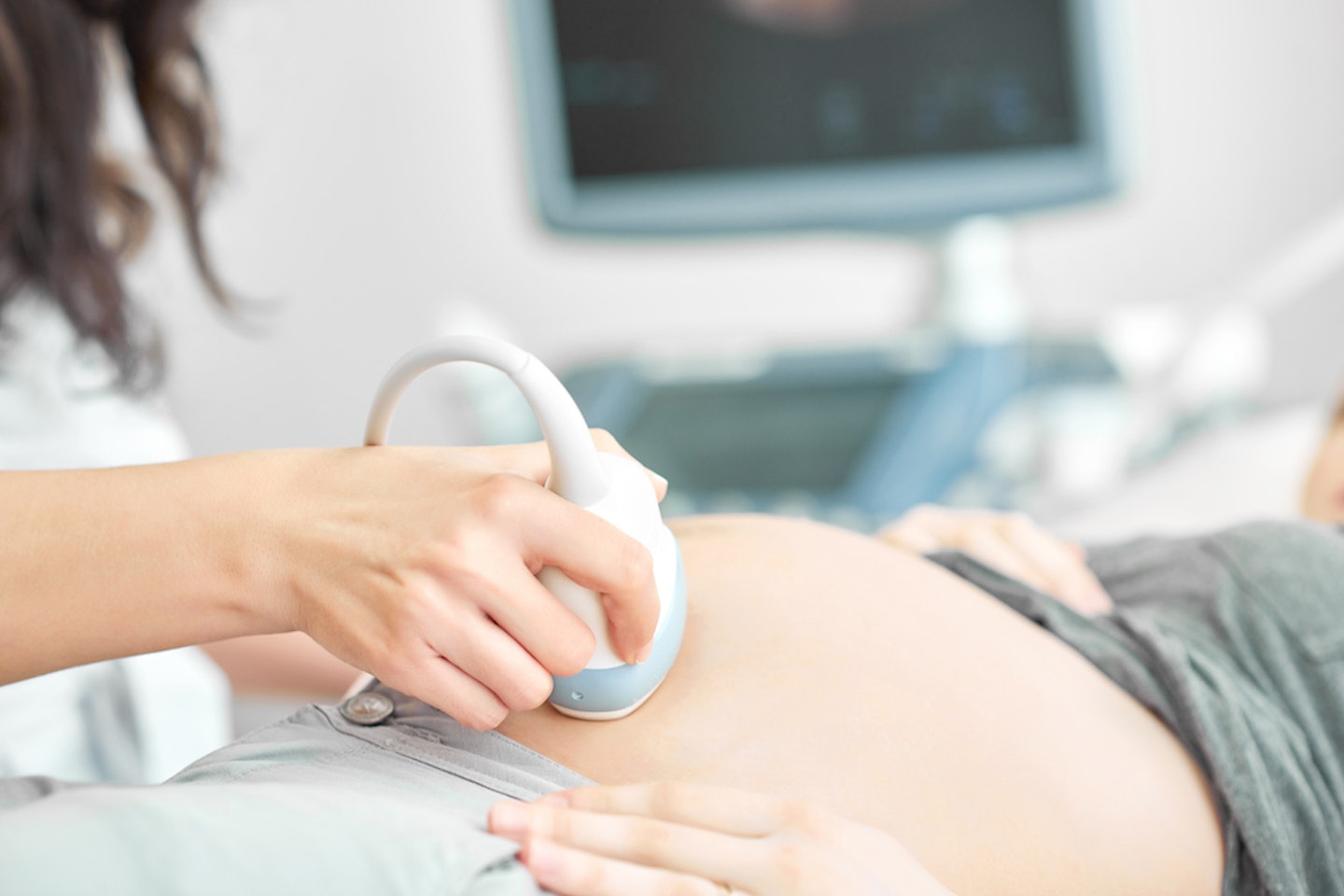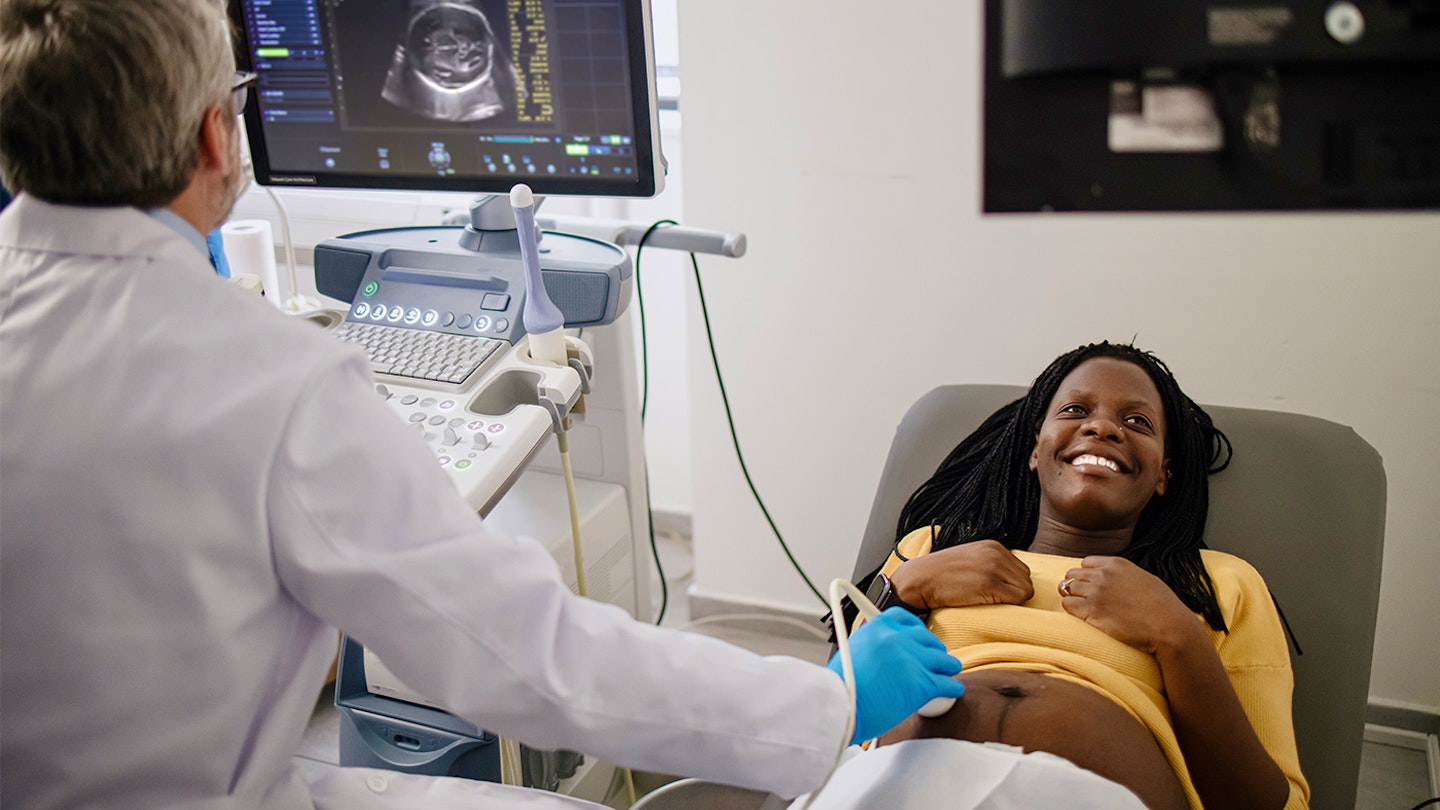When you're pregnant, you are understandably desperate to meet your little one straight away. You want to fast-forward the morning sickness, pregnancy heartburn and swollen ankles which have you wearing exclusively flip-flops. You want to feel the urge of love and you want the tiny fingers and toes. You want the snuggles and to delicately trace your index finger over the gorgeous face your body miraculously created.
Now although you, unfortunately, can't speed up a pregnancy, you can feel a million times closer to your little one by listening to their beating heart. But when can you hear baby's heartbeat?
When can you hear baby's heartbeat?
Your baby's heart starts to beat around about when you are 6 weeks pregnant. If you have anearly 8-week scan, you may be able to hear/see your baby's heartbeat at this point.
However, it is common to hear your baby's heartbeat at your 12-week scan although many different factors come into play, such as your baby's position in your uterus, your weight, and the accuracy of your due date.
What is a heartbeat monitor and should I buy one?
A Fetal Doppler (or heartbeat monitor) is a device that can read your unborn baby's heartbeat.
It works by sending out high-frequency sound waves that pass through your bump and into your baby. When the waves are met with movement, like your baby's heartbeat, they bounce back and are translated into sound for you to hear.
There are some concerns with how accurate a Fetal Doppler actually is, as anything that moves inside of you (from baby's kicks to blood flowing in your arteries) is also translated into sound, which can lead to incorrect results.

Can I rent or buy a heartbeat monitor?
Yes, you can. Rather than choosing to buy a fetal doppler, sometimes parents-to-be choose torent one instead. You can expect to pay £9.95 per month when renting or up to £60 if you want to buy one to keep.
Is it safe to use a heartbeat monitor at home?
It's not advised to use the device at home without the guidance of a healthcare professional. Though the technology in the device is safe, the results can be interpreted differently. And the long-term effects of repeatedly exposing a baby to ultrasound waves from these devices are unknown.
The regulation states that a handheld Doppler "should only be used when there's a medical need and only by, or under the supervision of, a healthcare professional."
Rather than buying or renting a heartbeat monitor or downloading a heartbeat tracking app, it's safer to find out how your baby is doing in other ways, such as noting their movements.
What does my baby's heartbeat sound like?
Many women interrupt the sound of their baby's heartbeat differently, but typically, it sounds like the clip-clopping of horses trotting.
There's even a theory that if your baby's heartbeat sounds like a train, you're having a boy and if it sounds like a galloping horse, you will be expecting a girl.
